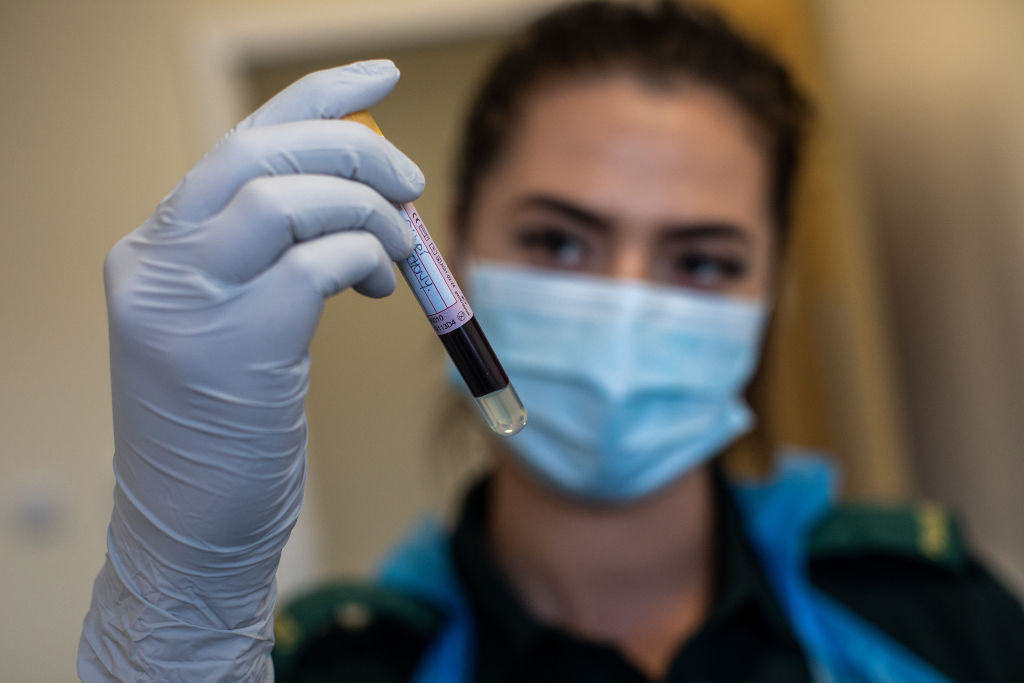Study: Recovered COVID-19 patients likely have antibodies for at least 6 months


A free daily email with the biggest news stories of the day – and the best features from TheWeek.com
You are now subscribed
Your newsletter sign-up was successful
Researchers in the United Kingdom have found that most people who become infected with the coronavirus still have high levels of antibodies for at least six months after their recovery.
The study of 20,000 people was conducted by UK Biobank, with the results published on Wednesday. The scientists discovered that among subjects who previously tested positive for COVID-19, 99 percent had antibodies to SARS-CoV-2 three months after being infected, and after six months, 88 percent still had antibodies.
Naomi Allen, professor and chief scientist at UK Biobank, told reporters during a news conference that these numbers are consistent with findings from earlier studies carried out in the UK and Iceland. "Although we cannot be certain how this relates to immunity, the results suggest that people may be protected against subsequent infection for at least six months following natural infection," she said. "More prolonged follow-up will allow us to determine how long such protection is likely to last."
The Week
Escape your echo chamber. Get the facts behind the news, plus analysis from multiple perspectives.

Sign up for The Week's Free Newsletters
From our morning news briefing to a weekly Good News Newsletter, get the best of The Week delivered directly to your inbox.
From our morning news briefing to a weekly Good News Newsletter, get the best of The Week delivered directly to your inbox.
The study began last May, and UK Biobank found that the proportion of the population with COVID-19 antibodies rose from 6.6 percent at the start of the study to 8.8 percent by the end of the year.
A free daily email with the biggest news stories of the day – and the best features from TheWeek.com
Catherine Garcia has worked as a senior writer at The Week since 2014. Her writing and reporting have appeared in Entertainment Weekly, The New York Times, Wirecutter, NBC News and "The Book of Jezebel," among others. She's a graduate of the University of Redlands and the Columbia University Graduate School of Journalism.
